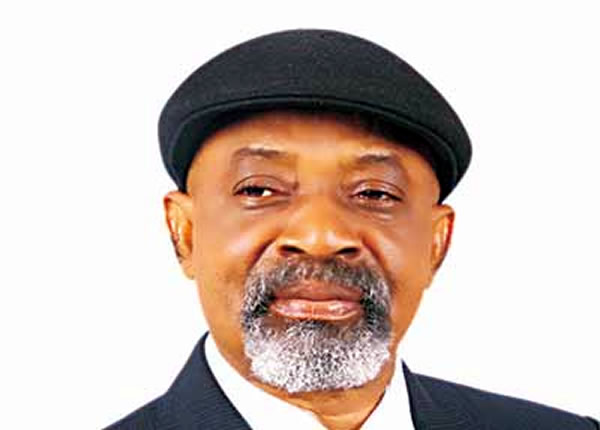This post has already been read 1643 times!
The federal government has said the N27,000 minimum wage approved by the National Council of States is not binding, saying the recommendation was advisory.
The government also advised opponents of an executive bill proposing N27,000 minimum wage to take their case to the National Assembly.
A tripartite committee including represenatives of workers, government and the private sector had recommended N30,000 as a new minimum wage. But on Thursday, the Buhari government sent an executive bill of N27,000 minimum wage to the National Assembly, an action organised labour in the country has kicked against.
In a reaction to the Nigerian Labour Congress (NLC) outburst that it would mobilise its members to protest, the federal government said the tripartite committee on national minimum wage was set up at the expiration of the last National Minimum Wage Act which was enacted in 2011.
In a statement signed by Assistant Director, Federal Ministry of Labour and Employment, Iliya Rhoda, the government said the committee’s recommendation could be subjected to an upward review.
It also said the federal government respected the Internatiional Labour Organisation convention on the issue.
”The ILO conventions on minimum wage cited above succinctly stipulate that each member state shall be free to decide the nature and form of the minimum wage fixing machinery, and methods to be followed in its operation,” Ms Iliya said.
According to her, the report of the committee asked Mr President to note the figure of N30,000 recommended ”by way of motion and not by consensus”, and also ”note the figure of N24,000”.
”Mr President considered the report in full and looked at the differing statistics/figures presented before he arrived at N27,000 (as the new minimum wage). I must reiterate that the output by the TCNMW (committee) was a recommendation and is not cast in stone but advisory to Mr President,” she said.
Ms Iliya said the new minimum wage was for all categories of workers in public and private sectors.
She said those who opposed it ”can argue their cases at the National Assembly during the public hearing on the matter.
“As the matter of a National Minimum Wage is in the Exclusive Legislative List as item No. 34 of the Second Schedule to the 1999 Constitution of the Federal Republic of Nigeria (as amended). It is, therefore, the executive arm of government that has the responsibility to prescribe a new National Minimum Wage and send to the National Assembly for legislative action,” she said.
She asked groups who opposed this to get ready to make their views known at the expected public hearing.
President Buhari transmitted the bill for the amendment of the country’s minimum wage law to the National Assembly on January 23.
Some lawmakers have opposed the N27,000 adopted and suggested they would increase the figure during the debate.
[Premium Times]



